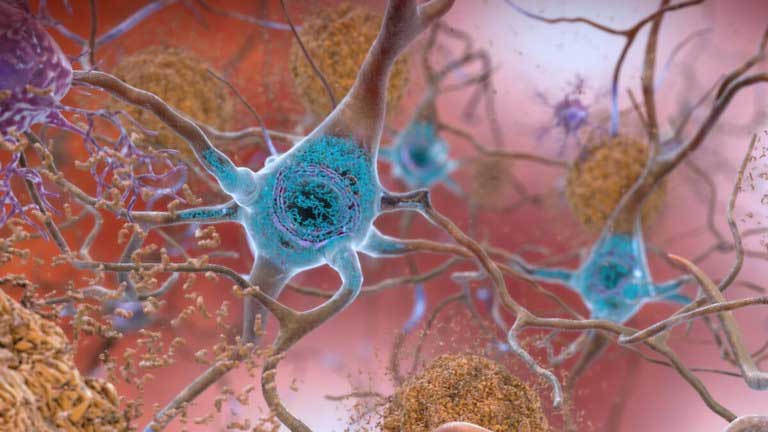Japanese researchers say they have tracked down the genetic traits of people prone to develop Alzheimer’s disease by studying brain nerve cells created from induced pluripotent stem cells, or iPS cells.
The research team at Kyoto University’s Center for iPS Cell Research and Application, led by Professor Inoue Haruhisa and others, carried out the studies.
Alzheimer’s disease, which leads to senile dementia, is said to be caused by the gradual buildup of abnormal proteins in the brain.
But the specific cause of the accumulation remains largely unknown, though genetic and age factors are blamed, along with lifestyle habits.
The group used iPS cells to create brain nerve cells in 102 people that have been diagnosed with Alzheimer’s disease, and conducted analyses of the conditions of the proteins and genes, among other factors.
The researchers say they have discovered 496 conjunctures of minute gene mutations that relate to abnormal proteins.
They also specified eight genes that control the amount of abnormal proteins.
They say various factors appear to play a role in the development of Alzheimer’s disease.
They add that studying the characteristics of these genes would lead to predicting the development of Alzheimer’s disease and new treatments.
Professor Inoue told NHK that by pinpointing the genes that apparently cause the disease, early diagnostics and treatments may become possible.



